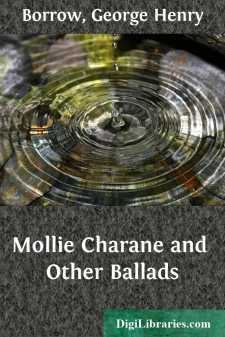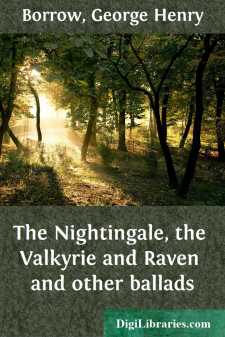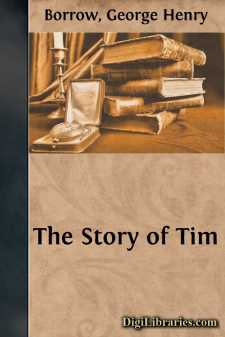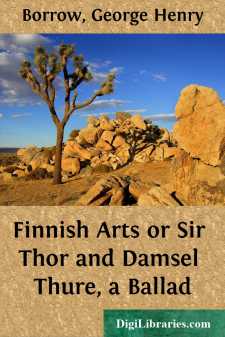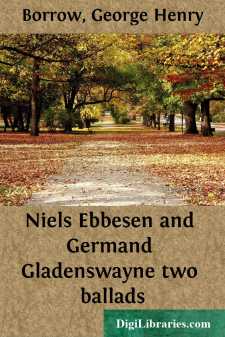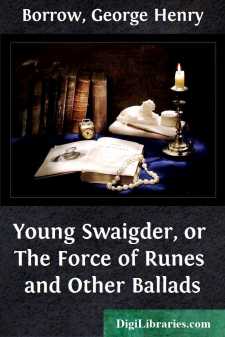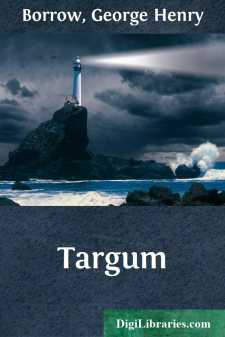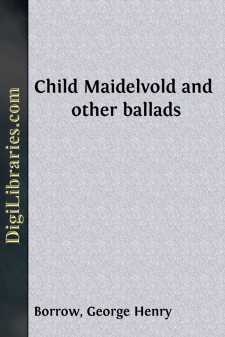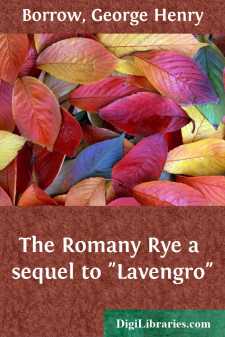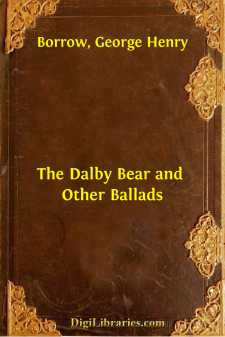Categories
- Antiques & Collectibles 13
- Architecture 36
- Art 48
- Bibles 22
- Biography & Autobiography 813
- Body, Mind & Spirit 142
- Business & Economics 28
- Children's Books 15
- Children's Fiction 12
- Computers 4
- Cooking 94
- Crafts & Hobbies 4
- Drama 346
- Education 46
- Family & Relationships 57
- Fiction 11829
- Games 19
- Gardening 17
- Health & Fitness 34
- History 1377
- House & Home 1
- Humor 147
- Juvenile Fiction 1873
- Juvenile Nonfiction 202
- Language Arts & Disciplines 88
- Law 16
- Literary Collections 686
- Literary Criticism 179
- Mathematics 13
- Medical 41
- Music 40
- Nature 179
- Non-Classifiable 1768
- Performing Arts 7
- Periodicals 1453
- Philosophy 64
- Photography 2
- Poetry 896
- Political Science 203
- Psychology 42
- Reference 154
- Religion 513
- Science 126
- Self-Help 84
- Social Science 81
- Sports & Recreation 34
- Study Aids 3
- Technology & Engineering 59
- Transportation 23
- Travel 463
- True Crime 29
Sort by:
MOLLIE CHARANE “O, Mollie Charane, where got you your gold?” Lone, lone you have left me here.“O not in the curragh, deep under the mould.” Lone, lone, and void of cheer. “O, Mollie Charane, where got you your stock?” Lone, lone you have left me here.“O not in the curragh from under a block.” Lone, lone, and void of cheer. “O, Mollie Charane, where got you your...
more...
THE NIGHTINGALE, OR THE TRANSFORMED DAMSEL I know where stands a Castellaye, Its turrets are so fairly gilt;With silver are its gates inlaid, Its walls of marble stone are built. Within it stands a linden tree, With lovely leaves its boughs are hung,Therein doth dwell a nightingale, And sweetly moves that bird its tongue. A gallant knight came riding by, He heard its dulcet ditty...
more...
INTRODUCTION The Russians have three grand popular tales, the subjects of which are thievish adventures. One is called the Story of Klim, another is called the Story of Tim, and the third is called the Story of Tom. Below we present a translation of the Story of Tim. That part of the tale in which Tim inquires of the drowsy Archimandrite as to the person to whom the stolen pelisse is to be awarded,...
more...
FINNISH ARTSORSIR THOR AND DAMSEL THURE. Sir Thor was a knight of prowess tried,The son of a king he was beside. He was a knight excelled by none,At home such deeds of might he’d done. And not alone in his native home,But manhood had he displayed at Rome. He faithfully served the emperor,And hatred to all his foes he bore. King of Norroway was his sire,His fame spreads over the world entire. He was a...
more...
NIELS EBBESEN. All his men the Count collects, And from Slesvig marched away;Never such as host was seen Or before or since that day. Into Denmark marched the Count, Followed by so fair a band;Banners twenty-four they bore, Power like theirs might none withstand. Gert the Count to Randers rode, To bad counsel lending ear;For from old it stood foretold, He should end there his...
more...
YOUNG SWAIGDERorTHE FORCE OF RUNES It was the young Swaigder, With the little ball he played;The ball flew into the Damsel’s lap, And pale her cheeks it made. The ball flew into the Damsel’s bower. He went of it in quest;Before he out of the bower came, Much care had filled his breast! “The ball, the ball thou shouldst not fling, Shouldst cast it not at me;There sits a maid in...
more...
ODE TO GOD. From the Hebrew. Reign’d the Universe’s Master ere were earthly things begun;When His mandate all created, Ruler was the name He won,And alone He’ll rule tremendous when all things are past and gone;He no equal has nor consort, He the singular and loneHas no end and no beginning, His the sceptre, might, and throne;He’s my God and living Saviour, rock to which in need I run;He’s my...
more...
CHILD MAIDELVOLD. The fair Sidselil, of all maidens the flower,With her mother the Queen sat at work in her bower. So hard at the woof the fair Sidselil plies,That out from her bosom, so white, the milk flies. “Now hear thou, O Sidselil, child of my heart,What causes the milk from thy bosom to start?” “O that is not milk, my dear mother, I vow,It is but the mead I was drinking just now.”...
more...
ADVERTISEMENT. It having been frequently stated in print that the book called “Lavengro” was got up expressly against the popish agitation, in the years 1850-51, the author takes this opportunity of saying that the principal part of that book was written in the year ’43, that the whole of it was completed before the termination of the year ’46, and that it was in the hands of the publisher in...
more...
THE DALBY BEAR There goes a bear on Dalby moors,Oxen and horses he devours. The peasants are in deep distressThe laidly bear should them oppress. Their heads together at length they lay,How they the bear might seize and slay. They drove their porkers through the wood,The bear turn’d round as he lay at food. Outspoke as best he could the bear:“What kind of guests approach my lair?” Uprose the bear...
more...


